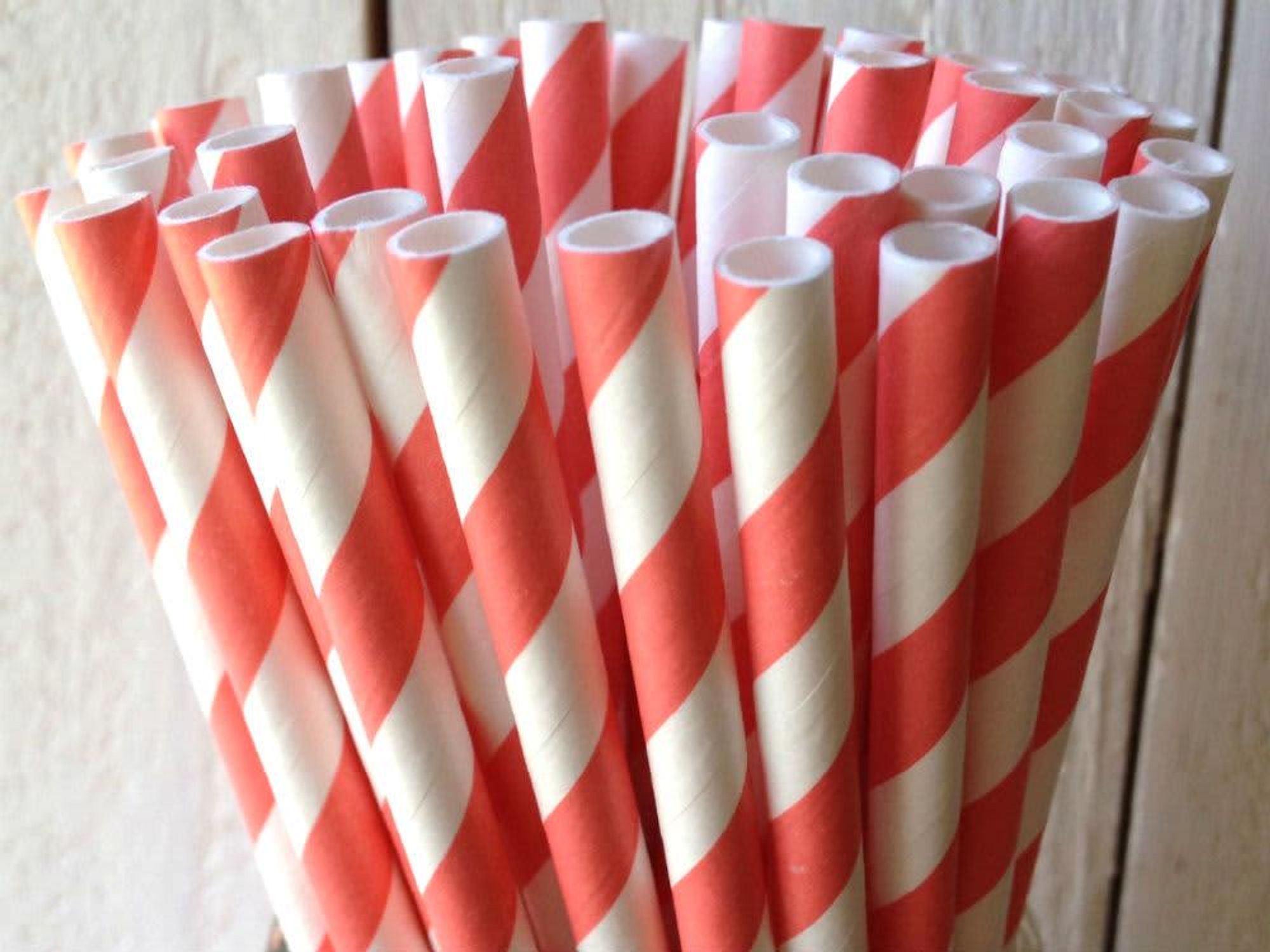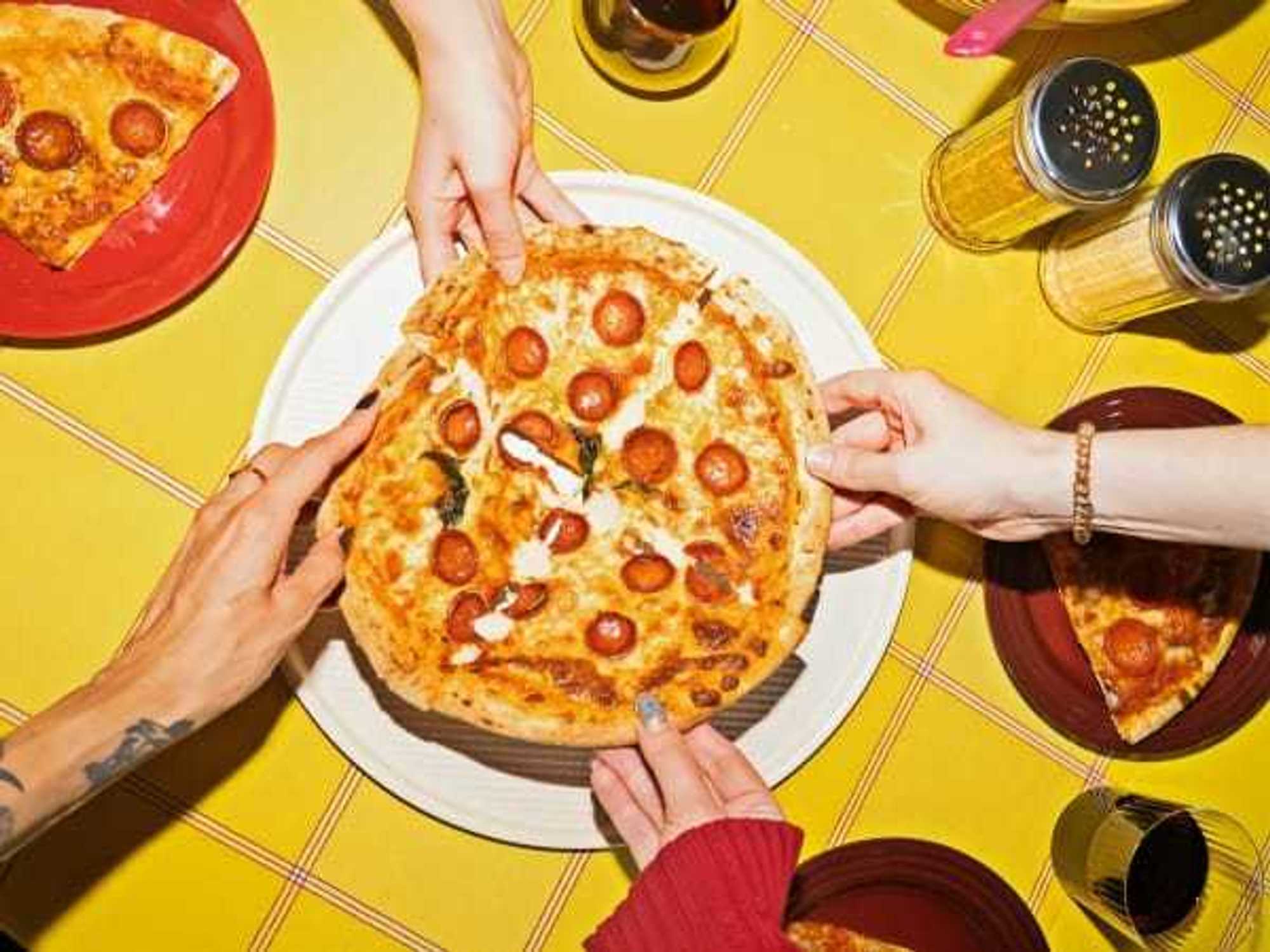Plastic Straws Suck
Dallas restaurant chain Snappy Salads bans plastic straws

Following a trail blazed by chef Mario Batali last year, Dallas restaurant chain Snappy Salads has instituted a ban on plastic straws at all of its locations. Founder and CEO Chris Dahlander says that he's replacing them with the more eco-friendly paper straws, even though it will be more costly.
"Paper straws do cost more, but that fits in with our strong commitment to lower our impact on the environment that we've observed since Snappy Salads was founded in 2006," he says.
Paper straws cost about 2.8 cents each; plastic costs about .05 cents. Plastic is also heavily subsidized, and the costs to the environment are not factored in.
Dahlander is getting the paper straws — premium white — from Aardvark Straws of Fort Wayne, Indiana, the only U.S. manufacturer of paper straws. Aardvark is the original inventor and patent holder that started making straws in 1888. Their straws are made in America, biodegradable, compostable and chlorine-free. Plastic straws are not.
Dahlander, a former marketing director for Brinker, became motivated after seeing footage about the Great Pacific Garbage Patch, a "swirling collection of debris particles and trash" adrift in the middle of the Pacific Ocean — the expanding size of which has environmentalists and scientists increasingly concerned.
"This monstrous floating trash gyre is out of sight, out of mind, but knowing I was contributing to this, albeit a very small portion, was very motivating to me, despite the cost," Dahlander says.
In the U.S. alone, approximately 500,000,000 plastic straws are used each day. They're rarely recycled because they clog up the machines that sort plastic. They go into landfills and tributaries and, eventually, the ocean. Pollution from plastics has a direct and deadly effect on wildlife, killing thousands of birds, sea turtles, seals and other marine mammals. Fish eat it as well, and then humans eat fish.
A number of coastal organizations such as the Ocean Conservancy have asked consumers to "skip the straws" at restaurants. In 2013, restaurateur Mario Batali instituted a "straws on request" policy at all of his restaurants, while simultaneously switching from plastic to paper. Cocktail stirrers at his restaurants are now made from the more eco-friendly bamboo.
Aardvark's raw materials come from a sustainably managed forest, and the paraffin wax used to manufacture the drinking straws is GMO-free.
"The average lifespan of a straw is about 30 minutes," Dahlander says. "But because it's made from plastic, it remains in our environment 500 or more years. It will outlive us — and generations to come. This isn't what I want resting on my shoulders when I go to sleep at night, and I hope that more companies will have the same commitment."
Snappy Salads uses containers and drink cups made from renewable resources, and the furniture is fashioned from salvaged materials and tables. It has seven locations around the Dallas area, including Las Colinas, Southlake, Richardson, Plano, Dallas and NorthPark Center.
